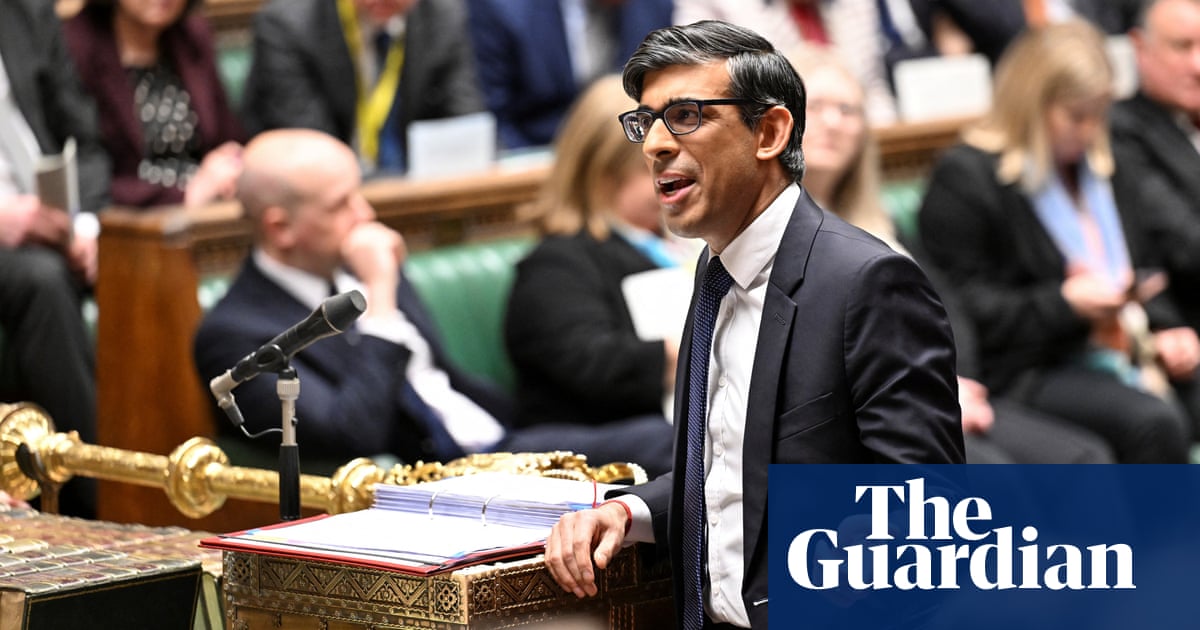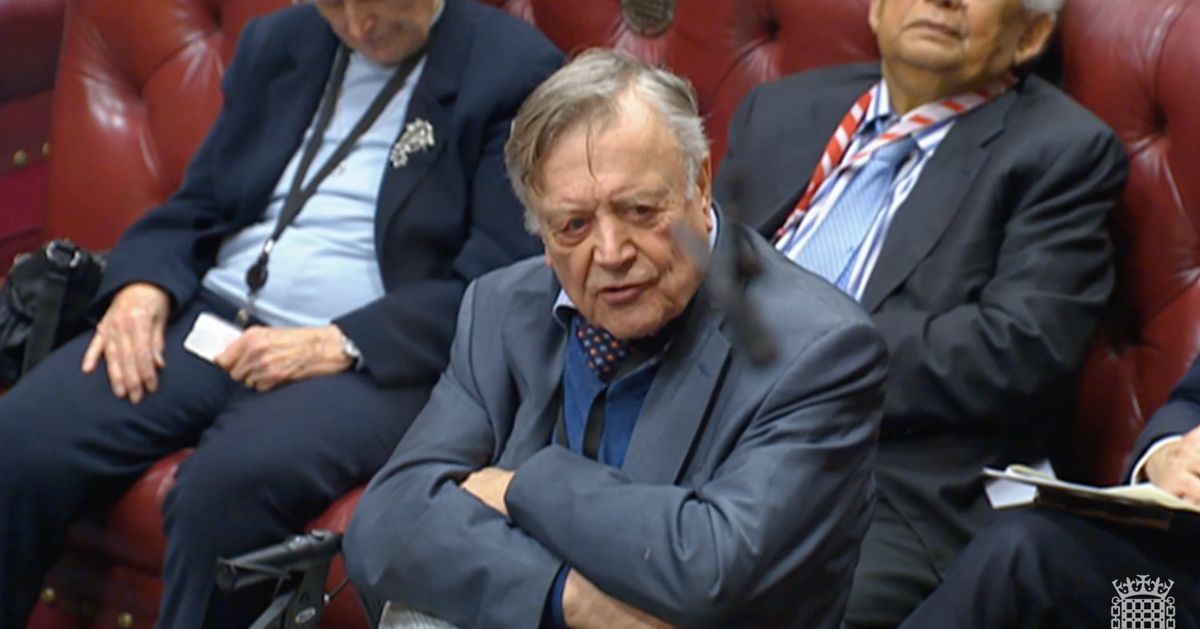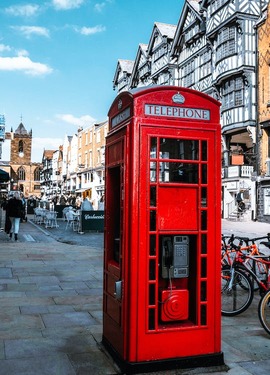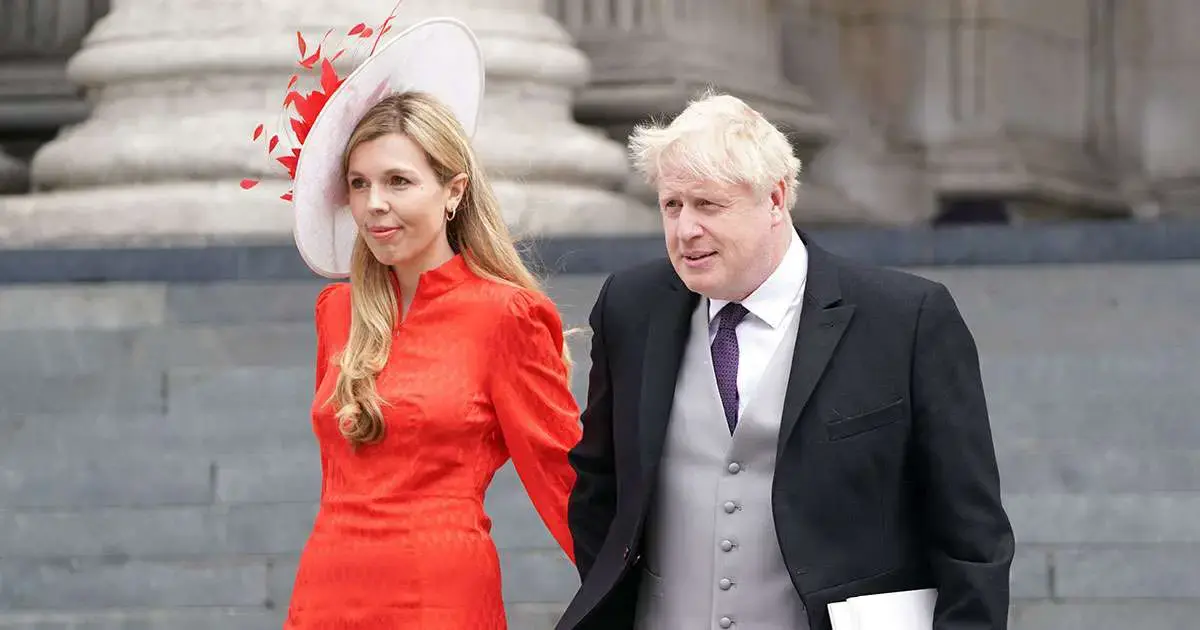I’ve found it useful for TTRPGs too. Art generators are certainly helpful for character portraits, I also find ChatGPT can be useful for lots of other things. I’ve had pretty mediocre results trying to get it to generate a whole adventure but if you give it tight enough parameters then it can flesh out content for you - ranging from NPC name ideas, to ideas for custom magic items, to whole sections of dialogue.
You can give it a plot hook you have in mind and ask it to generate ideas for a three-act structure and encounter summary to go with it (helpful when brainstorming the party’s next adventure), or you can give it an overview of an encounter you have in mind and ask it to flesh out the encounter - GPT4 is reasonably good at a lot of this, I just wouldn’t ask it to go the whole way from start to finish in adventure design as it starts to introduce inconsistencies.
You also need to be ready to take what it gives you as a starting point for editing rather than a finished product. For example, if I ask it to come up with scene descriptions in D&D then it has a disproportionate tendency to come up with things that are ‘bioluminescent’ - little tells like that which show it’s AI generated.
Overall - you can use it as a tool for a busy DM that can free you up to focus on the more important aspects of designing your adventure. But you need to remember it’s just a tool, don’t think you can outsource the whole thing to it and remember it’s only as helpful as how you try to use it.




















Politically, this is magnificent. The Lib Dems have target seats throughout Surrey where they’re typically the main challenger, they’ve been campaigning hard locally on water quality through most of this parliament (hasn’t always got national attention but they worked out a while ago it’s a very resonant issue in their target seats) and then just in time for the election Thames Water start warning people the water isn’t drinkable…